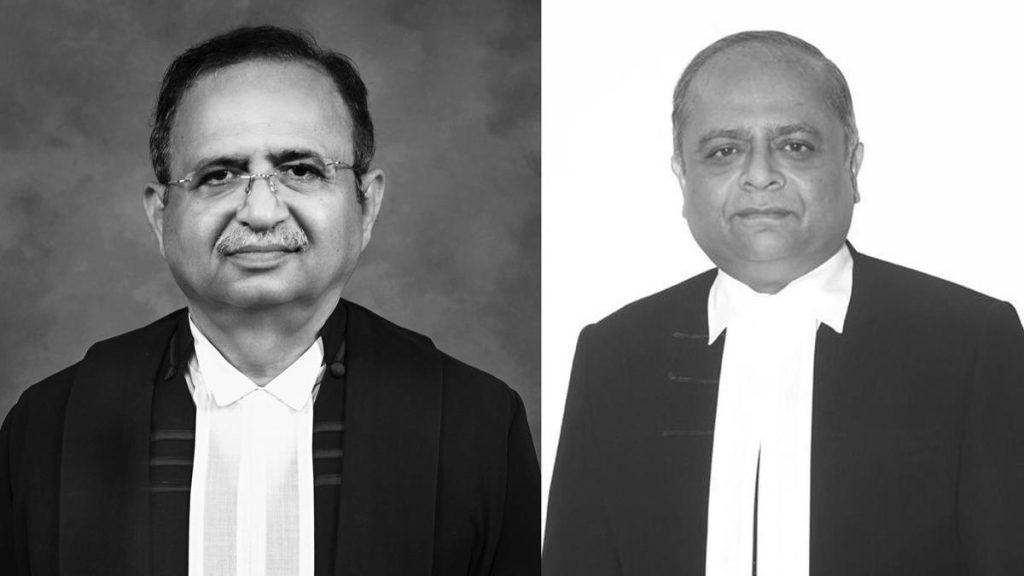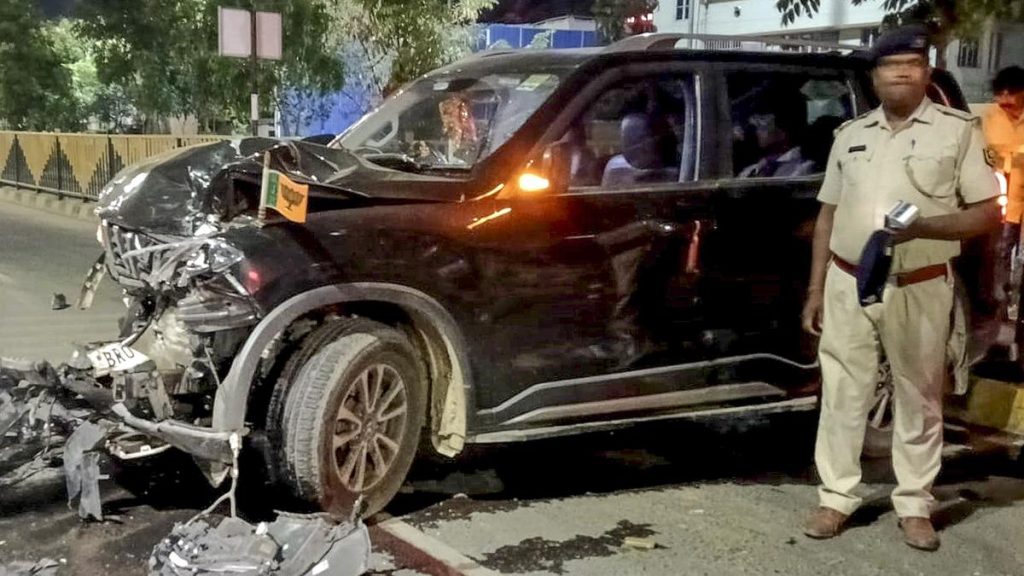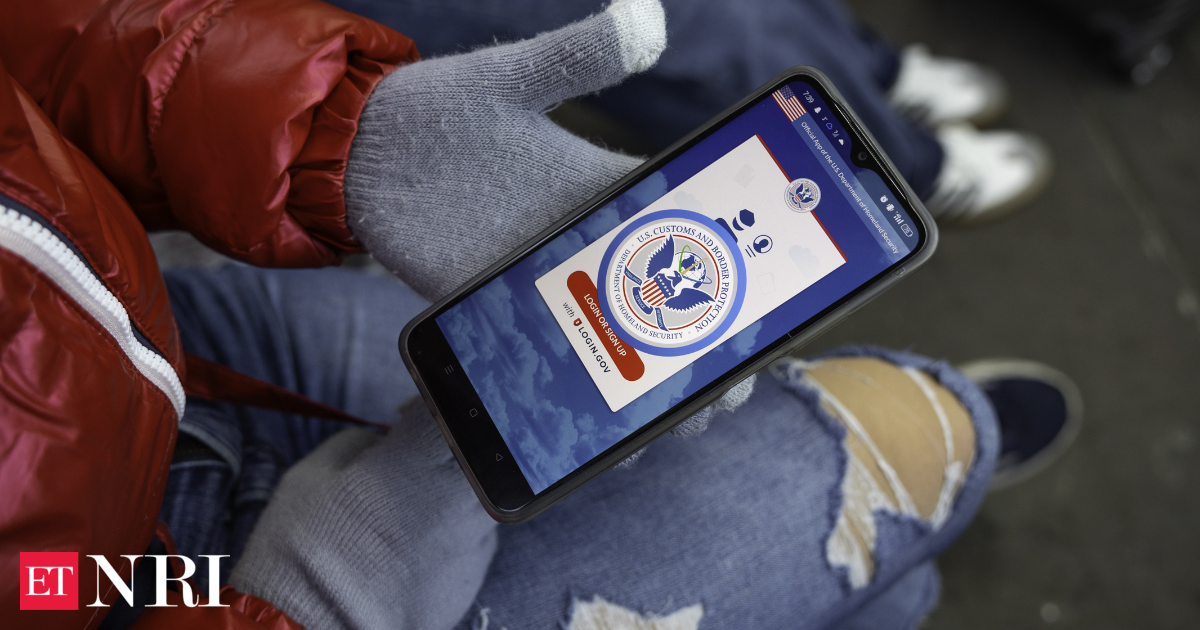Now Reading: J&K Considers Liquor Ban Amid ₹2,000 Cr Revenue Milestone
-
01
J&K Considers Liquor Ban Amid ₹2,000 Cr Revenue Milestone
J&K Considers Liquor Ban Amid ₹2,000 Cr Revenue Milestone
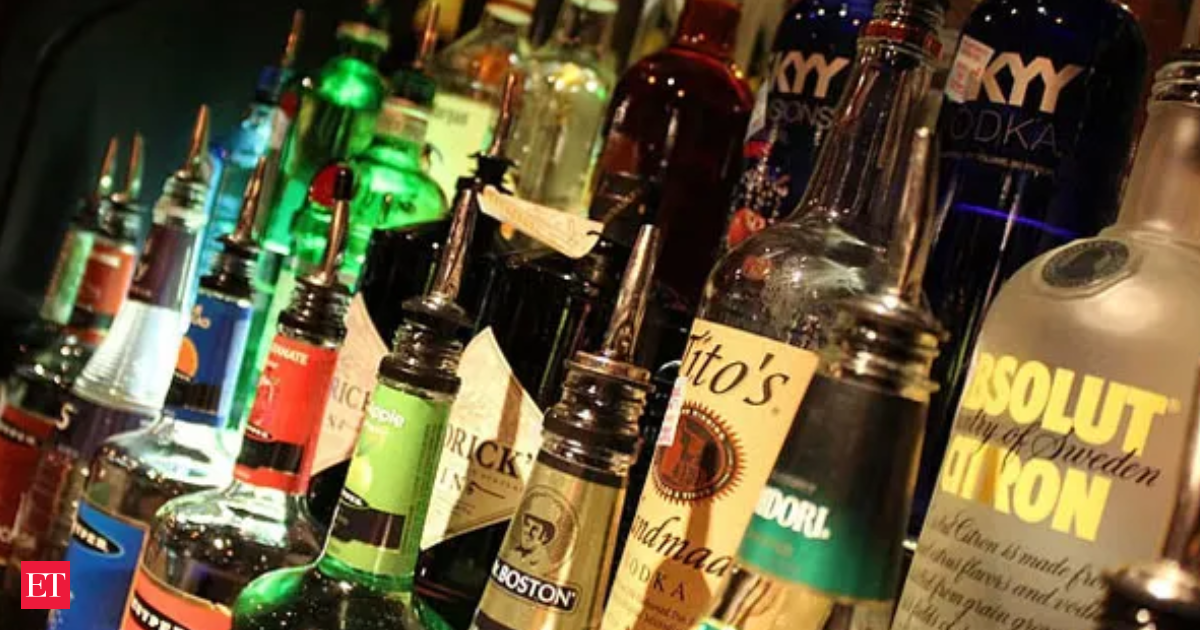
Quick Summary
- Liquor sales in Jammu and Kashmir (J&K) are increasing, wiht excise revenue expected to rise by 4% to Rs 2,000 crore in 2024-25.
- Policy reforms including stronger tracking systems and transparent auctions contribute to this growth.
- Opposition parties like PDP and NC are advocating for a total prohibition on liquor.
- The new excise policy aims for regulation while encouraging industry growth and local manufacturing.
- There are plans for more liquor outlets in tourist areas, with certain import restrictions on brands.
- Former finance minister Haseeb Drabu suggests a phased prohibition approach due to potential issues like bootlegging.
Indian Opinion Analysis
The rising liquor sales in Jammu and Kashmir contrast sharply with political demands for prohibition. This creates a complex situation where economic benefits from increased excise revenues need balancing against cultural norms and social concerns. The government’s dual-focused excise policy seeks both regulatory control and industry growth, showing an effort to address multiple facets of the issue.
Implementing a total ban could impact state revenue significantly while also leading to challenges such as illegal trade. A phased approach might offer a more balanced solution by reducing immediate economic impact while addressing social concerns progressively.


